It’s probably safe to say that no traveler enjoys waiting in a long line, being told to take off their shoes, or being forced to throw out a toiletry bottle that’s an ounce over the limit. But despite all of these frustrations with airport security, it can be a genuinely fascinating part of the travel experience. For instance, what happens to all of those confiscated toiletries? What does it take to become a TSA agent? And is it possible to get the items you accidentally lose at security back? Check out these eight surprising facts about airport security.
Some Discarded Toiletries Are Donated to Charity

The Transportation Security Administration (TSA) screens upwards of 4.5 million bags each day, and many travelers are forced to throw out bottles of shampoo or toothpaste that exceed the 3.4-ounce size limit. Items that are surrendered suffer one of several fates. Some are destroyed, others are turned over to the state and sold off as excess property, and some are donated to local homeless shelters and food banks. In an effort to cut down on waste and also give back to the community, nonprofits have begun working with the TSA to reallocate new and lightly used toiletries. At D.C.’s Reagan National Airport, for instance, the “Donate, Don’t Discard” program, inaugurated in spring 2024, has collected thousands of usable toiletries that were surrendered to TSA and donated those items back to locals in need.
You Don’t Want To See “SSSS” Printed on Your Ticket
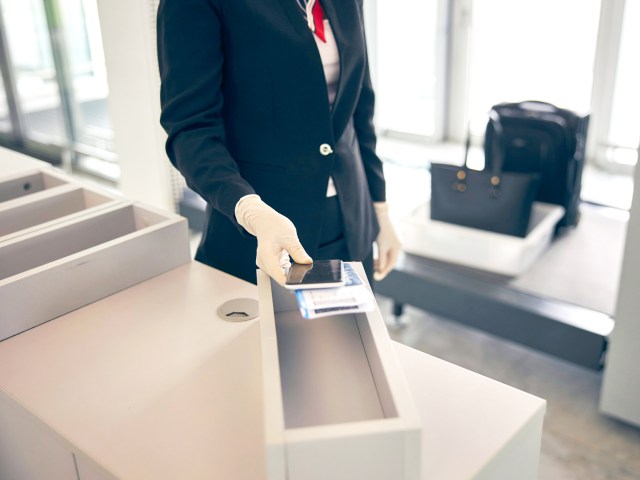
SSSS stands for Secondary Security Screening Selection, which is an additional security process implemented by the TSA. If you notice these four letters are printed on your boarding pass, be prepared to unpack your bags, have your electronics swabbed for explosives, and undergo further screenings. The TSA is coy about which travelers are subject to SSSS, so there’s no way to plan ahead and avoid it. But if you’re repeatedly pulled aside, there’s a possible solution — applying for the Department of Homeland Security’s Traveler Redress Inquiry Program to have your case evaluated by the TSA. Once cleared, your name should be removed from those secondary screening lists.
The TSA Was Created in the Early 2000s
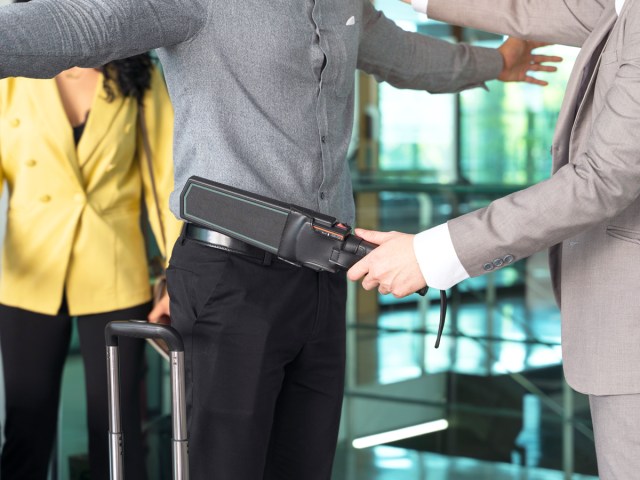
It might seem like TSA has existed for many decades, but it’s actually a relatively new organization. It was established under the Aviation and Transportation Security Act, which was passed by Congress on November 19, 2001, in the wake of the 9/11 attacks. In the years that followed, the TSA implemented several now-commonplace security measures such as explosive scanners and fortified cockpits. The 3-1-1 liquids rule was unveiled in September 2006, advanced imaging scanners were rolled out in March 2010, and TSA PreCheck debuted in December 2011.
Becoming a TSA Agent Requires 100 Hours of Training

Becoming a TSA agent is no easy task. Once recruited, you’ll need to undergo 100 hours of training before being entrusted with public safety. The training process begins with 40 hours of studying, followed by 60 hours spent observing other employees at work. Usually this process begins at a local airport and culminates at the TSA Academy in Glynn County, Georgia. Each applicant is allowed to take the required exam three times before they’re deemed ineligible to proceed. Once approved, candidates will be assigned as either a passenger or baggage controller, though they can also be certified in both fields.
You Don’t Need To Surrender Prohibited Items
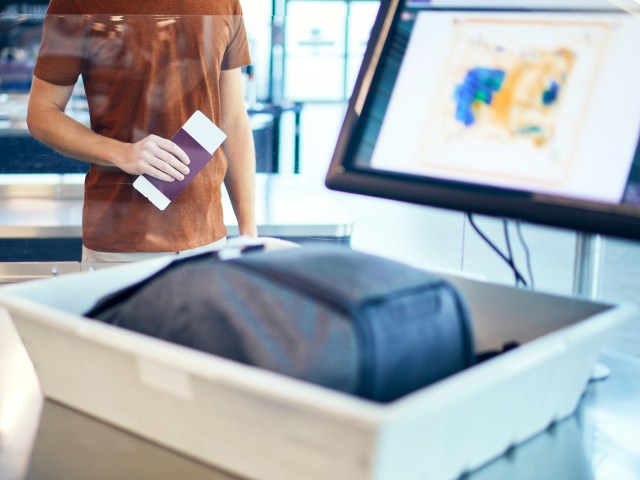
When you’re told an item isn’t permitted past airport security, you may think you have no choice but to hand it over and throw it out. But that’s not entirely true — you actually have a few options. First, you can return to your home or car and leave it there until you return. In other cases, an item that’s not allowed in your carry-on might be permitted in your checked luggage, which is subject to additional security screenings. It all comes down to how much time you have before your flight. The reason so many people decide to throw these items out is because of how little time they have until departure. But if you allot extra time for security, you’ll have plenty of time to rearrange your luggage instead of throwing away the item.
Travelers Leave Behind Thousands of Items Each Month
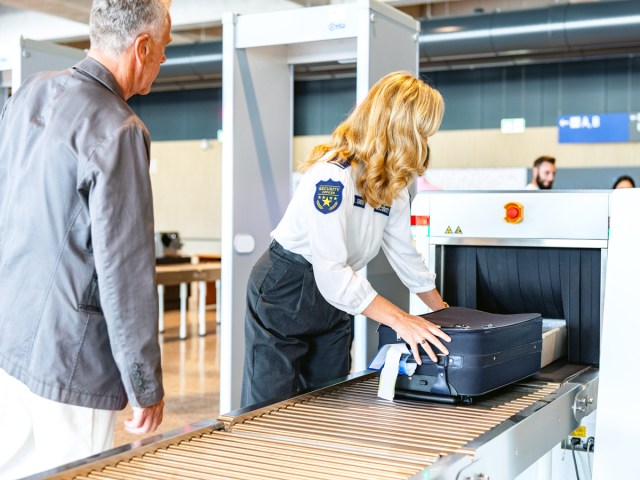
Items are often misplaced at the airport, but luckily, the TSA has a well-organized lost-and-found. In fact, the TSA estimates that passengers leave behind 90,000 to 100,000 items each month. This includes items left behind at security checkpoints as well as objects that may have fallen out of checked baggage, or even the piece of luggage itself. Generally, the TSA holds onto lost items for a minimum of 30 days, thus allowing plenty of time for passengers to realize their goods are missing and contact the organization. While there’s no guarantee that the TSA will have your items, it’s definitely worth attempting to contact them before giving up your search.
Air Marshals Are Only on Around 5% of Flights
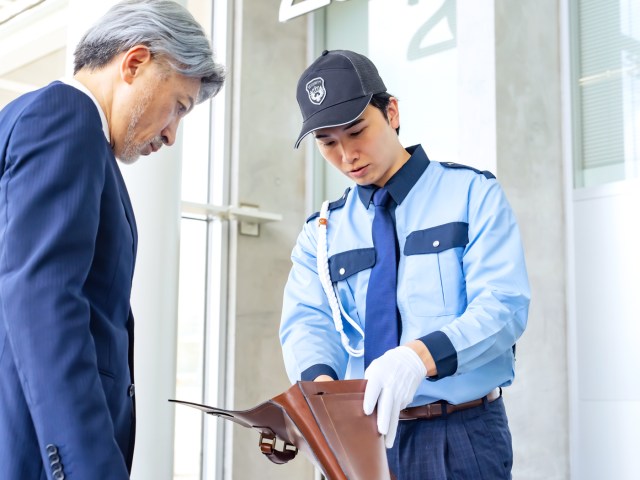
In an effort to keep passengers safe, the TSA deploys federal air marshals, which are law enforcement officers who board planes undercover at random. (While the Federal Air Marshal Service has existed since 1962, it was transferred over to TSA in 2005.) But the odds are slim that you’ll have an air marshal on your flight — the current number of flights with an air marshal present is only around 5% to 6%. However, since passengers won’t know if these undercover agents are present or not, that number is deemed enough to help keep people safe. When aboard an aircraft, it’s the duty of an air marshal to look for potential threats among passengers and also to deal with any unruly passengers.
U.S. Veterans Comprise Over 15% of the TSA Workforce
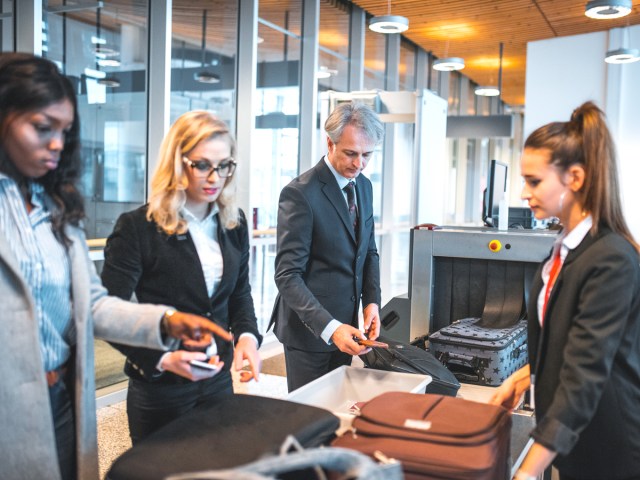
The TSA prides itself on employing veterans of the U.S armed forces. According to the agency, 16.6% of its employees have veteran status, and 4.8% of the veterans employed by TSA are disabled. While this is a smaller percentage than in the entire Department of Homeland Security workforce (25.3%), it’s still higher than in many other industries. The TSA also provides much-needed assistance to the families of veterans who participate in the Federal Air Marshal Service while those individuals are in the air on duty.
More from our network
Daily Passport is part of Inbox Studio, which publishes content that uplifts, informs, and inspires.
















